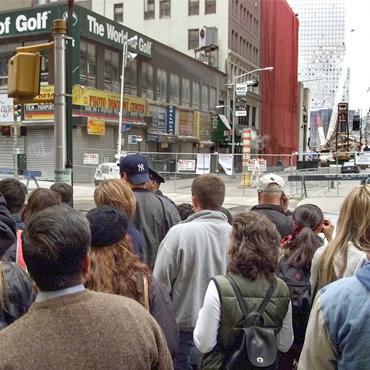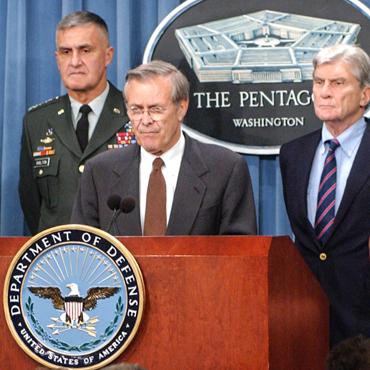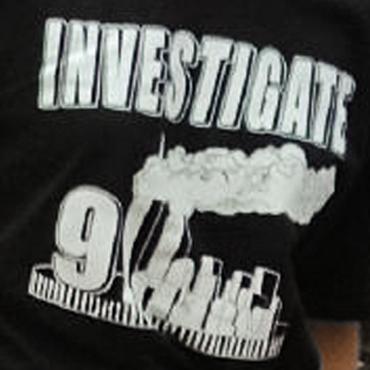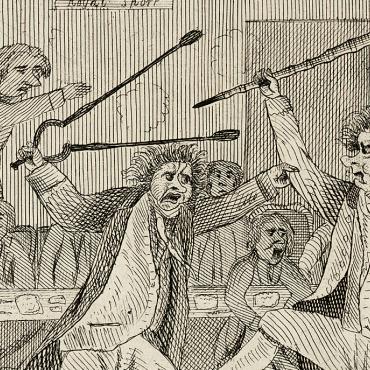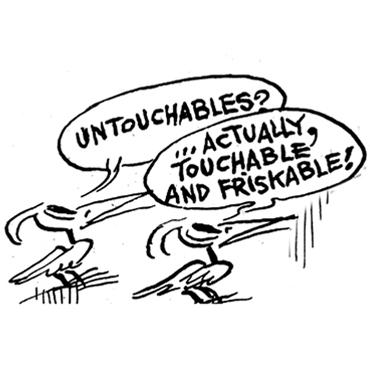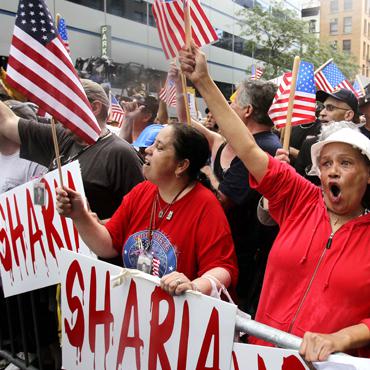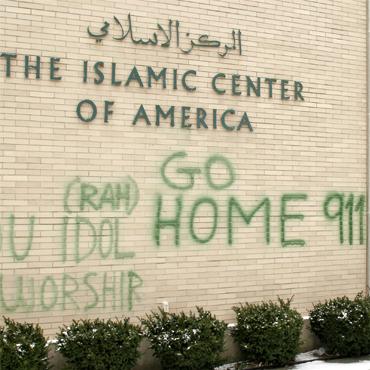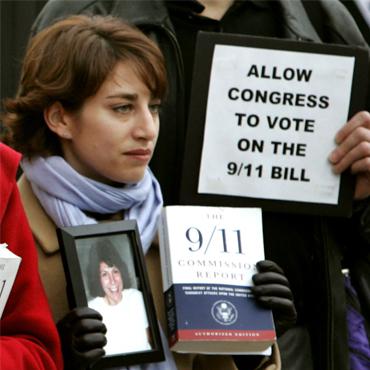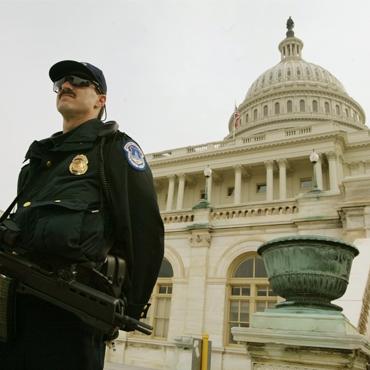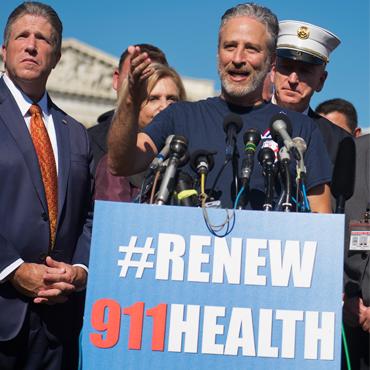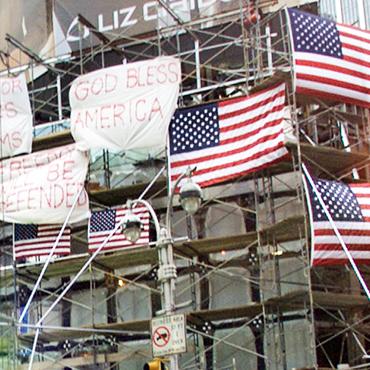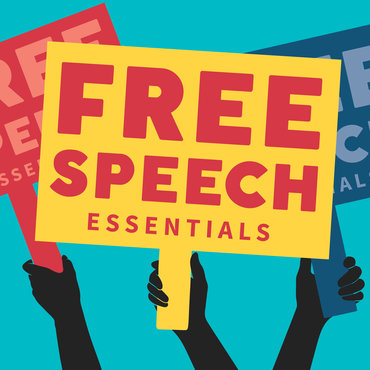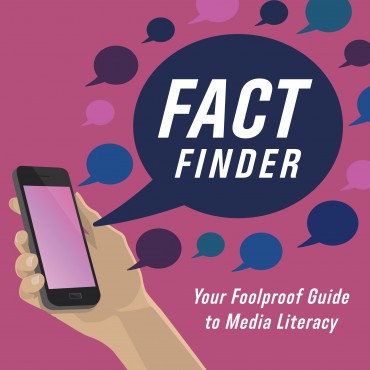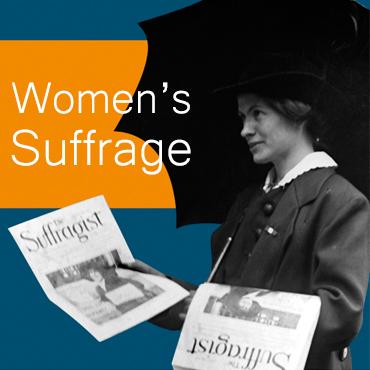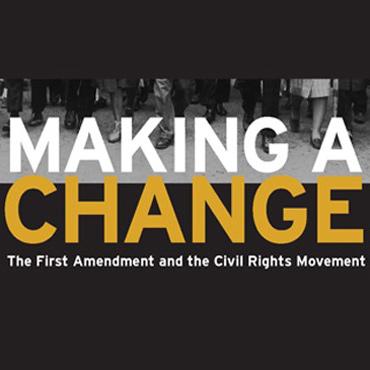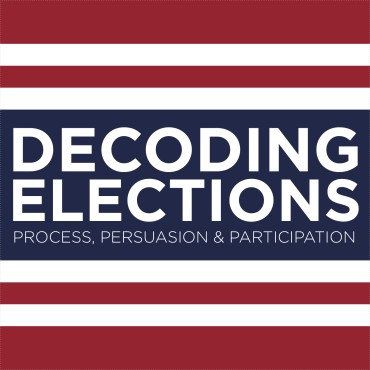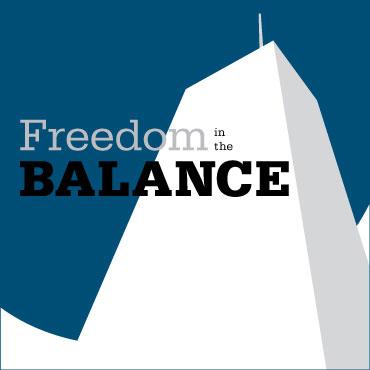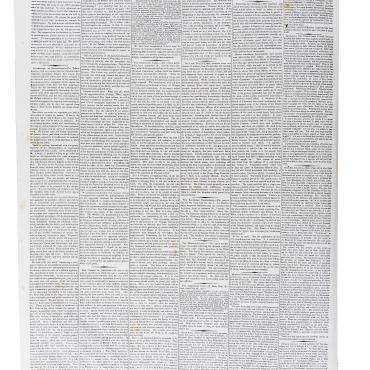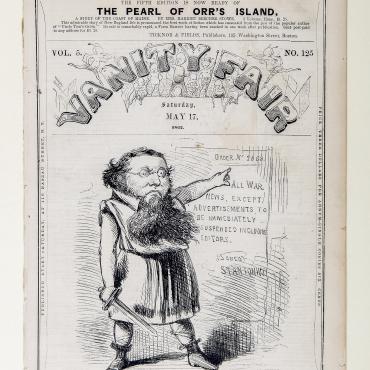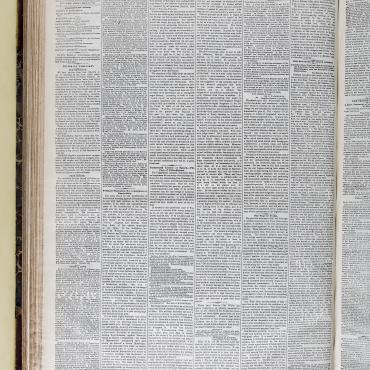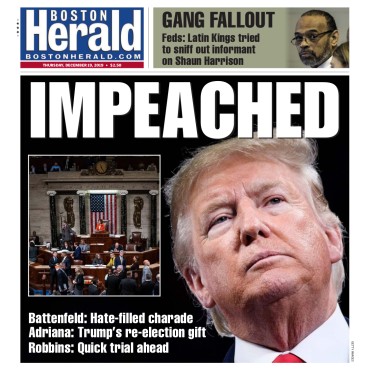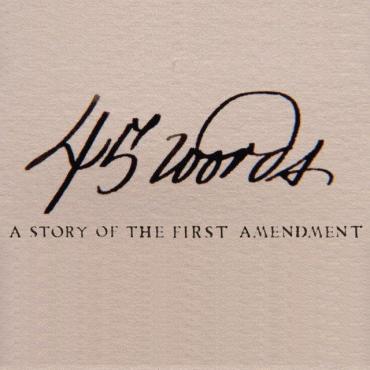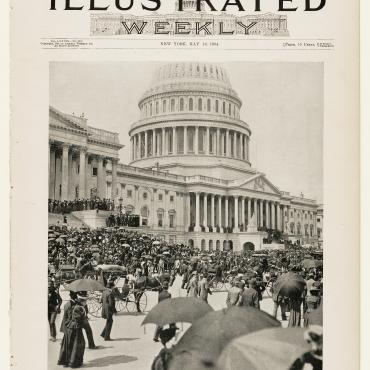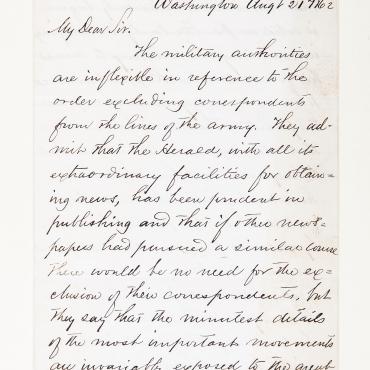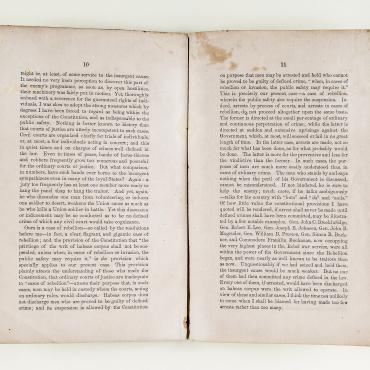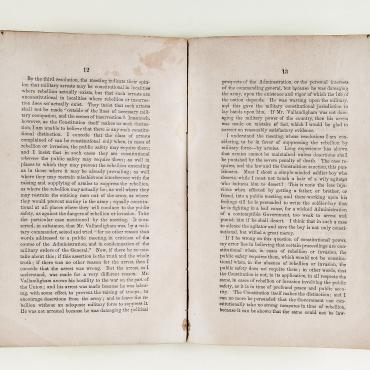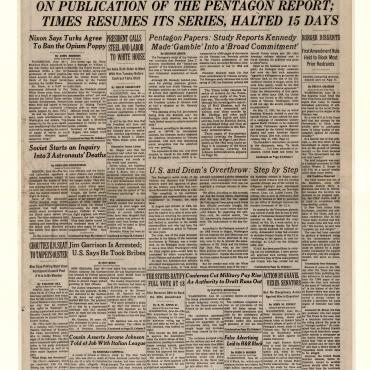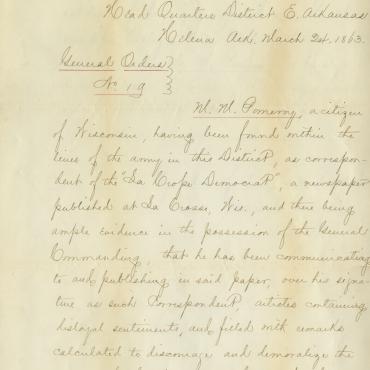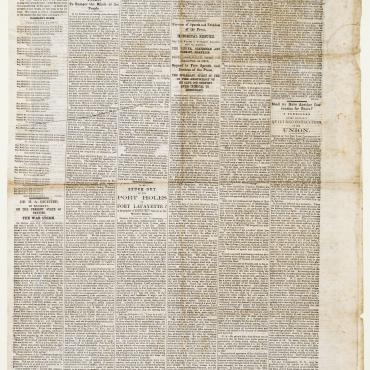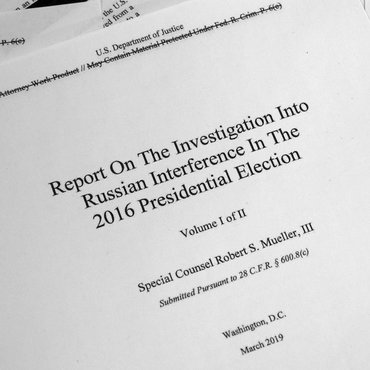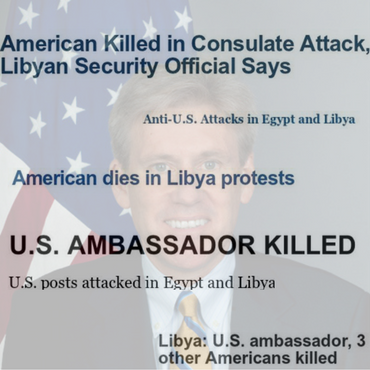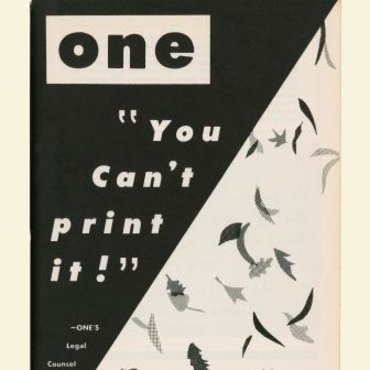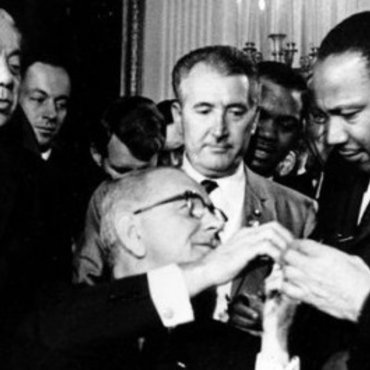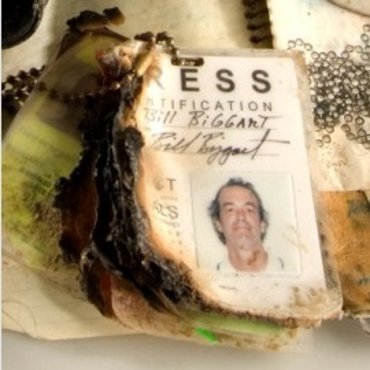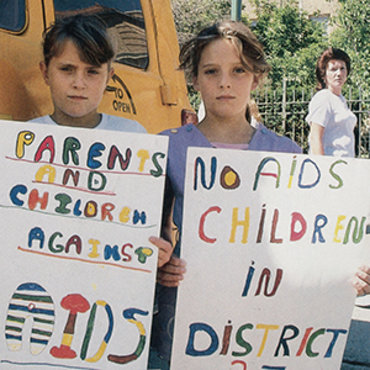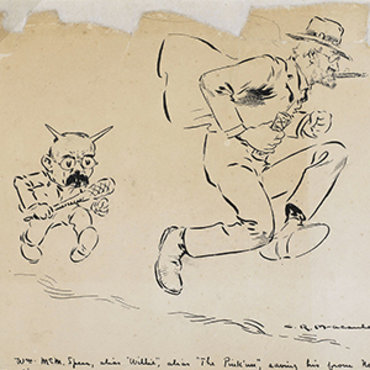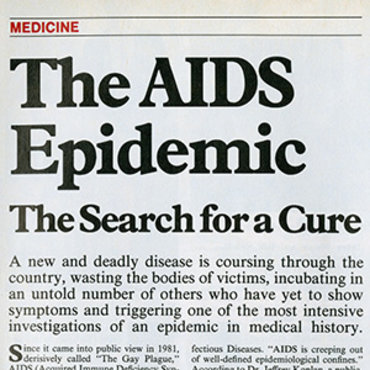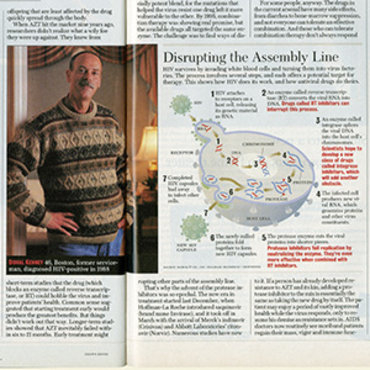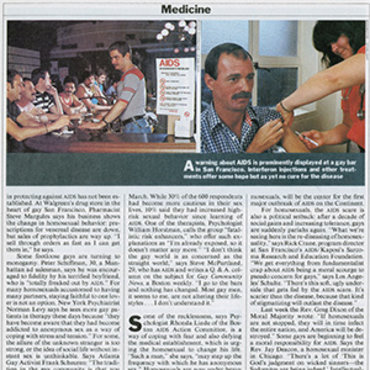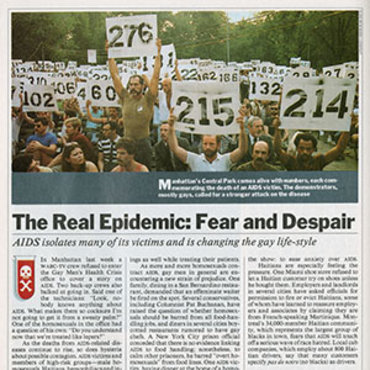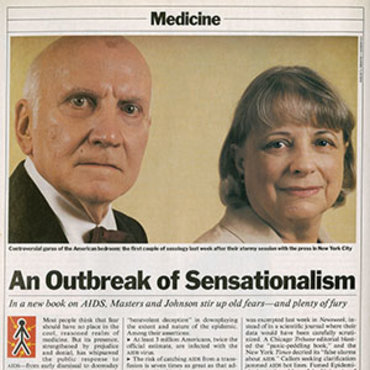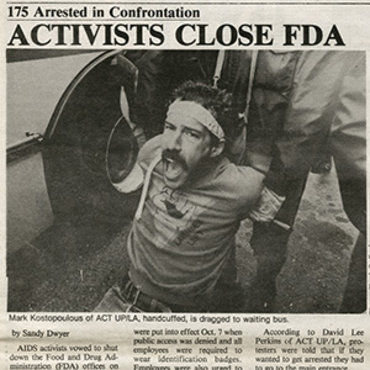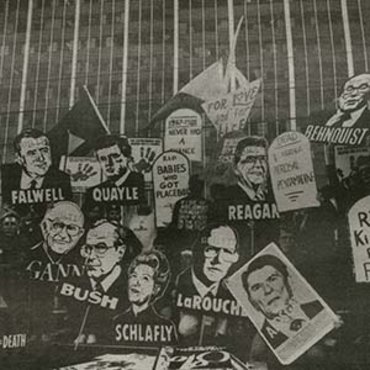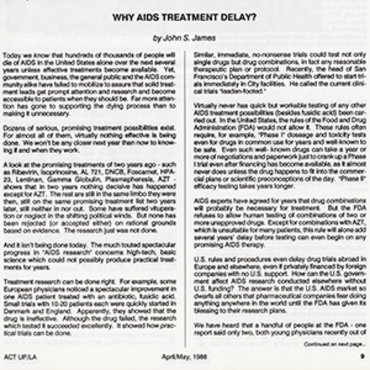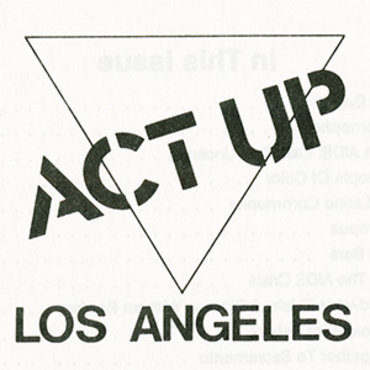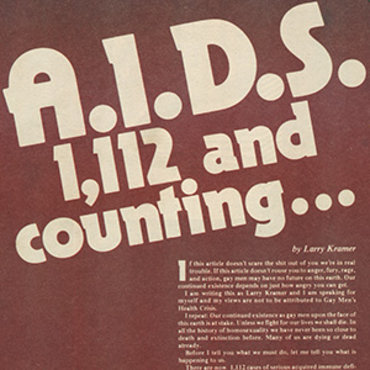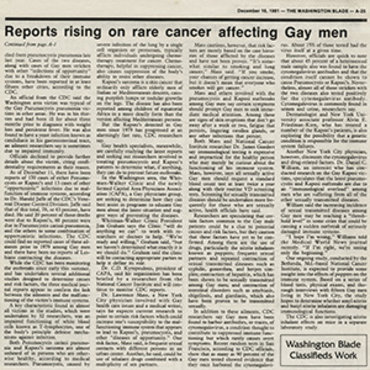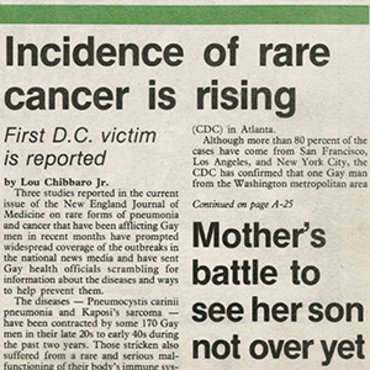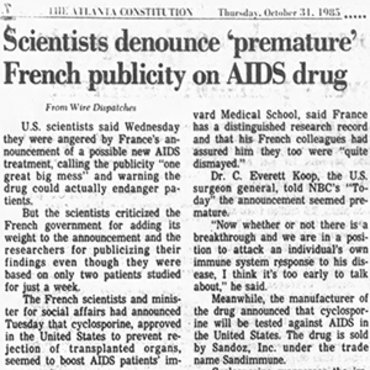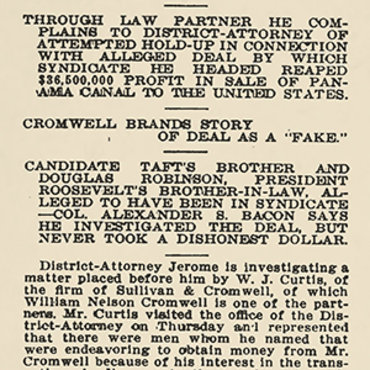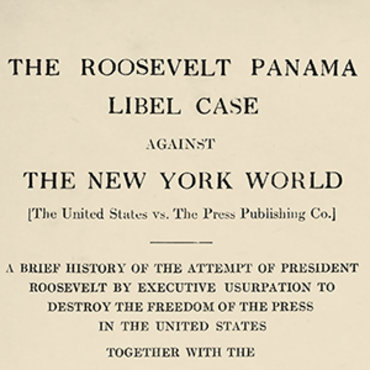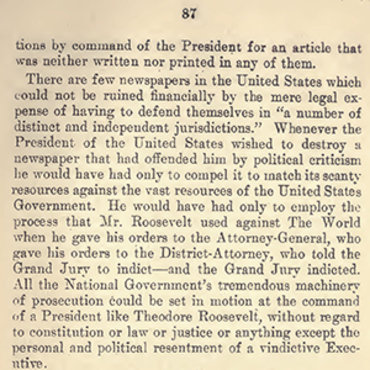1864: Lincoln Administration Seizes Opposition Newspapers
Should the secretary of war order two anti-Lincoln newspapers to close after publishing fake proclamations that make the administration look bad?
Get even more great free content!
This content contains copyrighted material that requires a free NewseumED account.
Registration is fast, easy, and comes with 100% free access to our vast collection of videos, artifacts, interactive content, and more.
NewseumED is provided as a free educational resource and contains copyrighted material. Registration is required for full access. Signing up is simple and free.
With a free NewseumED account, you can:
- Watch timely and informative videos
- Access expertly crafted lesson plans
- Download an array of classroom resources
- and much more!
- Civil War
- Constitution
- Journalism
- National Security
- 9-12
- College/University
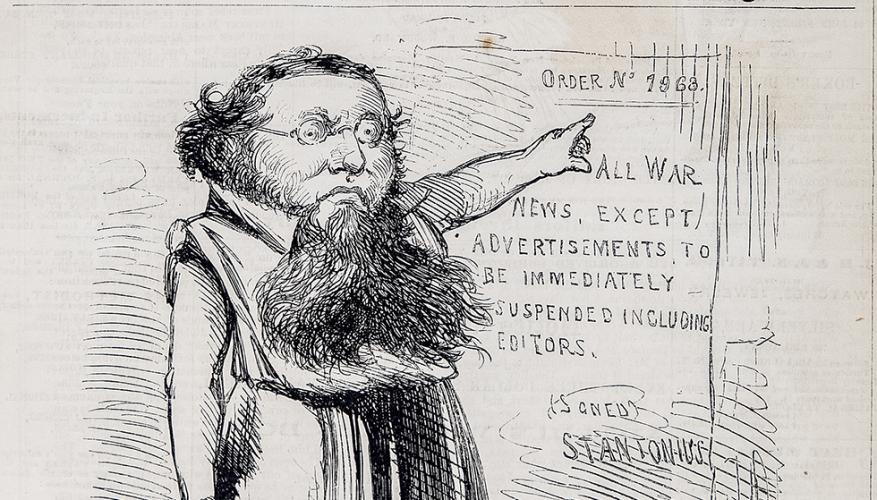
This Vanity Fair cartoon depicts Secretary of War Edwin Stanton as a Roman emperor, dressing him in a tunic and changing his signature to "Stantonius." An incensor is one who stirs up anger.
- Pass out and read the Lincoln Administration case study scenario. Check for comprehension and ask students to identify the First Amendment freedom(s) at issue in this case.
- Break your class into small groups and assign each group one of the people/perspectives. Hand out copies of the Organizing Evidence and Present Your Position worksheets. Give groups 30 minutes to look at the primary sources online and answer the worksheet questions.
- Have each group present their position and arguments. Keep the gallery of case study resources on NewseumED.org open so students can refer to the sources as they explain their reasoning.
- Historical case study handout, one per student (download)
- Organizing Evidence and Present Your Position worksheets, one of each per group (download)
- Case study primary sources (below)
- NewseumED Lincoln Related Resources Pinterest Board (optional)
Can First Amendment freedoms of speech and the press be limited during a time of civil war?
The United States has been fighting a bloody civil war for three years. The Confederacy is attempting to break away from President Abraham Lincoln and the Union. In the North, people are divided over whether the war is justified and worth fighting. Many Northern Democrats sympathize with the Confederacy and want to seek peace with them. In July 1863, deadly riots break out in New York City and other Northern towns over the start of a military draft, which forces selected citizens to enlist in the military and fight in the war.
A new crisis strikes on May 18, 1864. At 3:30 a.m., a messenger pretending to be from the Associated Press news service delivers a forged presidential proclamation to a number of New York City newspapers. The proclamation calls for 400,000 more troops through either voluntary enlistment or a new draft. It makes the Union Army seem desperate. Most newspapers check on the validity of the proclamation and don’t print it. But two newspapers, the World and the Journal of Commerce, print the fake proclamation in their morning editions. Both of these newspapers have a history of criticizing the Lincoln administration and were blamed by Republicans (Lincoln’s party) for starting the 1863 Draft Riots by publishing anti-war editorials.
Government and military officials are alarmed by this fake proclamation, fearing it could provoke unrest. Secretary of War Edwin Stanton orders an Army general to shut down both newspapers and arrest their editors. President Lincoln signs off on the action.
Take the role of a historical figure below and find evidence to argue your case.
-
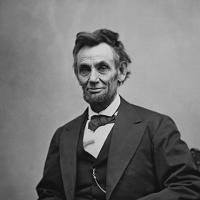 ?This photograph by Alexander Gardner shows President Lincoln in February 1865.Library of Congress, Prints & Photographs Division
?This photograph by Alexander Gardner shows President Lincoln in February 1865.Library of Congress, Prints & Photographs DivisionPresident Abraham Lincoln
Freedom of press is important, but the Constitution allows for the president to restrict our rights during a time of rebellion whenever their exercise endangers the Union and the war effort.
"Must I shoot a simple-minded soldier-boy who deserts, while I must not touch a hair on the head of a wily agitator who induces him to desert? I think that in such a case to silence the agitator and save the boy is not only constitutional, but withal a great mercy."
-
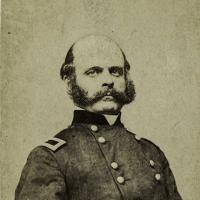 ?Gen. Ambrose Burnside was so famous for his distinctive facial hair that this style of whiskers became known as sideburns — a play on his last name.Library of Congress, Prints & Photographs Division
?Gen. Ambrose Burnside was so famous for his distinctive facial hair that this style of whiskers became known as sideburns — a play on his last name.Library of Congress, Prints & Photographs DivisionGen. Ambrose Burnside, Union Army officer
Criticizing the president in a time of war is treason, period. Soldiers have to sacrifice their right to speak freely, and civilians should be asked to do no less in wartime.
"That freedom of discussion and criticism which is proper in the politician and the journalist in time of peace, becomes rank treason when it tends to weaken the confidence of the soldier in his officers and his Government."
-
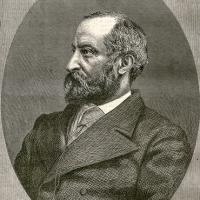 ?Manton Marble was only 27 years old when he took over The World in 1862. He soon made it the fifth most-circulated daily newspaper in New York City.The Gilder Lehrman Institute of American History
?Manton Marble was only 27 years old when he took over The World in 1862. He soon made it the fifth most-circulated daily newspaper in New York City.The Gilder Lehrman Institute of American HistoryManton Marble, editor of the New York
We have a right to speak out against the president, and it is outrageous that Lincoln shut down our newspapers. He only targeted us because we oppose him politically.
"Not until today has The World been free to speak. But to those who have ears to hear, its absence has been more eloquent than its columns could ever be."
- Why did the World and the Journal of Commerce print the proclamation? Do you think it was intentional or an accident?
- What type of problems did the government and Army officials think the proclamation might cause? Why?
- Beyond closing down these two newspapers, what effects might Lincoln’s order have on public opinion and support for the war?
- What is the difference between printing criticism of the president and anti-war editorials and printing a fake presidential proclamation? Should both be protected by the First Amendment?
-
National Center for History in the Schools: NCHS.Historical Thinking.4
A. Formulate historical questions. B. Obtain historical data from a variety of sources. C. Interrogate historical data. D. Identify the gaps in the available records, marshal contextual knowledge and perspectives of the time and place. E. Employ quantitative analysis. F. Support interpretations with historical evidence. -
National Center for History in the Schools: NCHS.US History.Era 3
Standard 1: The causes of the American Revolution, the ideas and interests involved in forging the revolutionary movement, and the reasons for the American victory Standard 2: The impact of the American Revolution on politics, economy, and society Standard 3: The institutions and practices of government created during the Revolution and how they were revised between 1787 and 1815 to create the foundation of the American political system based on the U.S. Constitution and the Bill of Rights
-
Center for Civic Education: CCE.II
A. What is the American idea of constitutional government? B. What are the distinctive characteristics of American society? C. What is American political culture? D. What values and principles are basic to American constitutional democracy?
